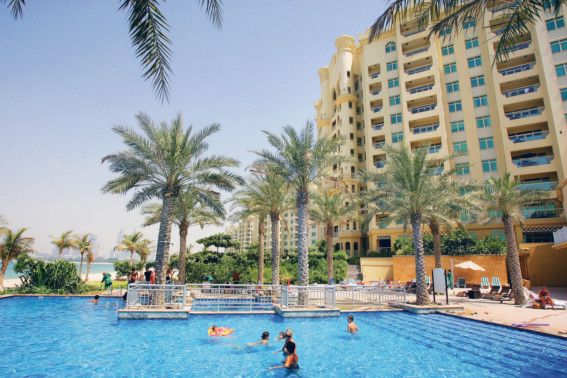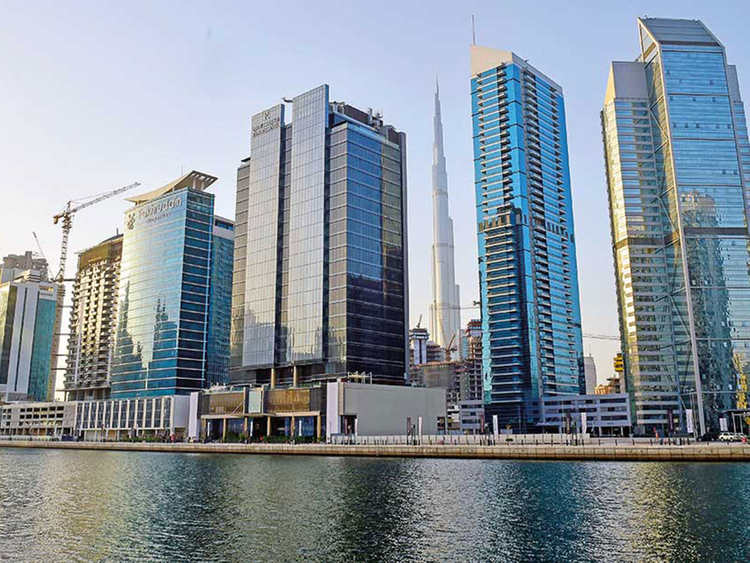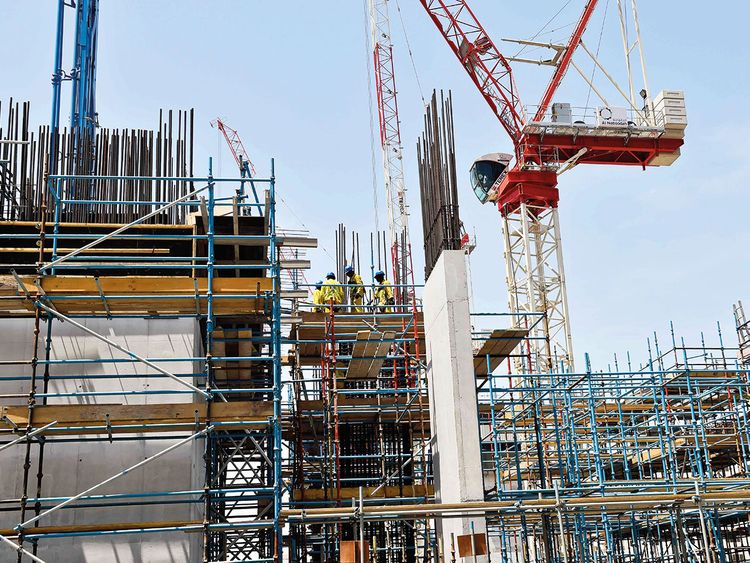The new Jointly Owned Property law: a well-timed initiative?
Last year the new Jointly Owned Property Law (Law 6 of 2019) replaced the Old Law 27 of 2007. Among other things, it brings about a change in the operation of jointly owned property and the roles and functions of the owners’ association board.
One of the key points under the new law is that instead of OAs, there will be “owners’ committees”, who must be qualified by certain eligibility criteria. The new law also says that actual management of the jointly owned property, which was formally the responsibility of OAs, must now be delegated to managing bodies or MEs. The MEs can either be developers or trained property management companies appointed by the developer via Real Estate Regulatory Agency (Rera)-approved contracts.
The law has come into force from November 18 and all existing OAs should make that transitions to owners’ committees by May 17.
Garry Murray, CEO of Place Community Managers, says, “One of the main advantages of the new law is that the onus is now on the management body to ensure that the project is compliant with regulatory and local authorities. It will increasingly raise the standards of operation in the market due to this extra liability and will force all of us as an industry to increase our performance.”
According to John Peacock of BSA Ahmad Bin Hezeem and Associates, “Management entities are now empowered, under the new law, to conclude contracts and agreements with maintenance, guarding, cleaning, insurance institutions and companies. They are also under obligation to report periodically to Rera on their management activities and revenue collections. The owners’ committees will still have the power to oversee and make recommendations to the management entities and to Rera, regarding works performed, budgeting, removal and appointment of a new management entity. They can also receive complaints from other owners and file the same with the ME, and thereafter with Rera if the ME does not attend to it in a timely manner, apart from reporting structural defects, advising on security, safety and environmental concerns and making representations regarding utilisation of common areas.”
Is the law a disadvantage to owners?
Murray says, “Some owners may feel that not having an OA board will be a disadvantage, however as more clarifications come out as to how the new committees are formed and operate I believe that this will become a positive. Not all boards currently have the expertise to operate the various legal, financial and technical requirements to operate the assets they own in.”
Murray says another big takeaway from the law is that the management entity will be required to submit a bond for the common areas they manage and face fines of up to Dh1 million for failures in management. “So, this should drive the quality of management higher and in turn force facility management companies to maintain the assets as any risk to the management company will be factored into agreements with the FM. The end result is a win-win for the end user and owner.”
So, does this mean service charges are going to rise? Murray says the introduction of Mollak and third-party auditors means that service charge rates are scrutinised like never before. “A property buyer should now be asking these questions as part of their analysis of a freehold property that is jointly owned: Who are the management agents? How long have they been managing the asset or have they been changed frequently? Is it being managed by a subsidiary of the developer? Do they have a track record? Or Is it being managed by a licensed third party? What is the service charge? Is the project registered and listed on the new system of Rera called Mollak?”
Property buyers should also be curious to know more about the reserve fund, says Murray. “If I was investing in a project, that would be a key consideration. The reserve fund is the account that pays for capital expenditure for end of life cycle assets. For example, elevators have a life cycle even if maintained 100 per correctly. They will need to be replaced within 10-15 years, either in whole or as an upgrade. This is potentially millions of dirhams, which could hit the OA in one bill if the reserve fund hasn’t been accurately conducted by an expert and the reserve fund invoiced over the 10-15 year period to save for this expense.”








